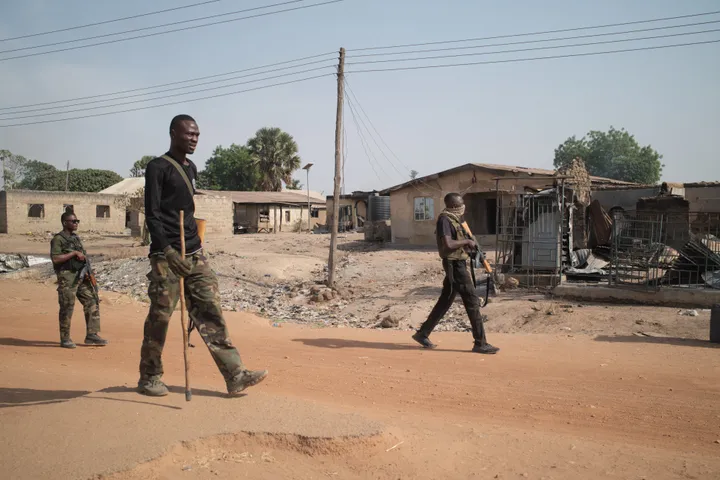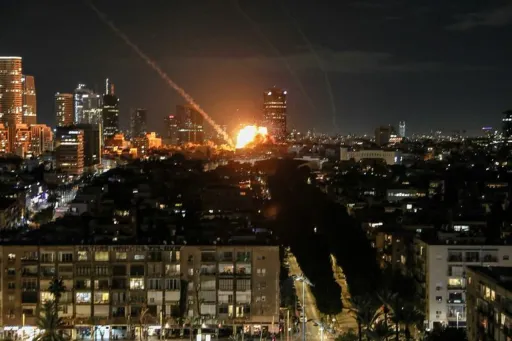Tunisian coastguard has said that 14 migrants from sub-Saharan Africa have drowned off the coast of Sfax.
"Coastguard patrols last night intercepted a group whose boat had sunk, rescuing 54 people of various sub-Saharan African nationalities, and recovering 14 bodies," the authority said in a statement on Facebook on Thursday.
Black migrants in Tunisia have complained of a rising tide of racist violence since President Kais Saied accused them last month of causing a crime wave and representing a "criminal plot" to change the country's demographic composition.
Hundreds have been made homeless and many have registered with their embassies for repatriation, mostly to West African countries.
Tunisia, whose coast lies just 150 kilometres (90 miles) from the Italian island of Lampedusa, has long been a springboard for people fleeing war and poverty elsewhere on the continent to seek better lives in Europe, often on unseaworthy boats.
READ MORE:Frightened Africans flee Tunisia after president's anti-migrant tirade
Undocumented migrants
The North African country hosts around 21,000 undocumented migrants from other parts of Africa, less than 0.2 percent of the population.
Rome said in February that more than 32,000 migrants, including 18,000 Tunisians, reached Italy from Tunisia last year, while thousands more have departed from neighbouring Libya.
European governments, particularly in Rome, have pressured the country to stem the flow, and the Tunisian coastguard regularly intercepts boats carrying migrants in its territorial waters, part of the world's deadliest migration route.
Tunisians themselves, exhausted by a long-running socio-economic crisis, make up a large proportion of the flow.
Saied on Wednesday denied he was racist, saying he had African friends and slamming the "malicious remarks" of those who "wanted to interpret the speech as they saw fit to harm Tunisia".
Speaking after a meeting with Guinea-Bissau's President Umaro Sissoco Embalo, who is chair of the Economic Community of West African States (ECOWAS), Saied said: "I am African and I am proud to be African."























